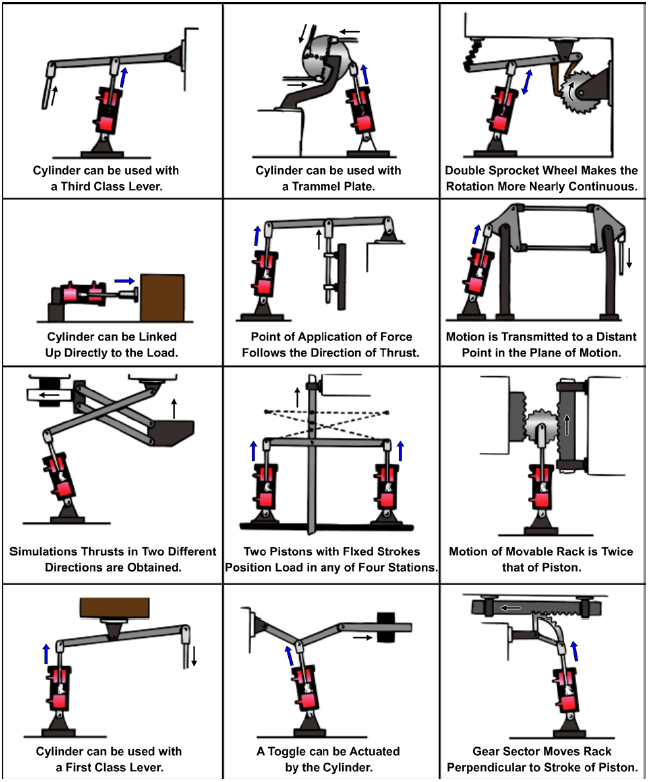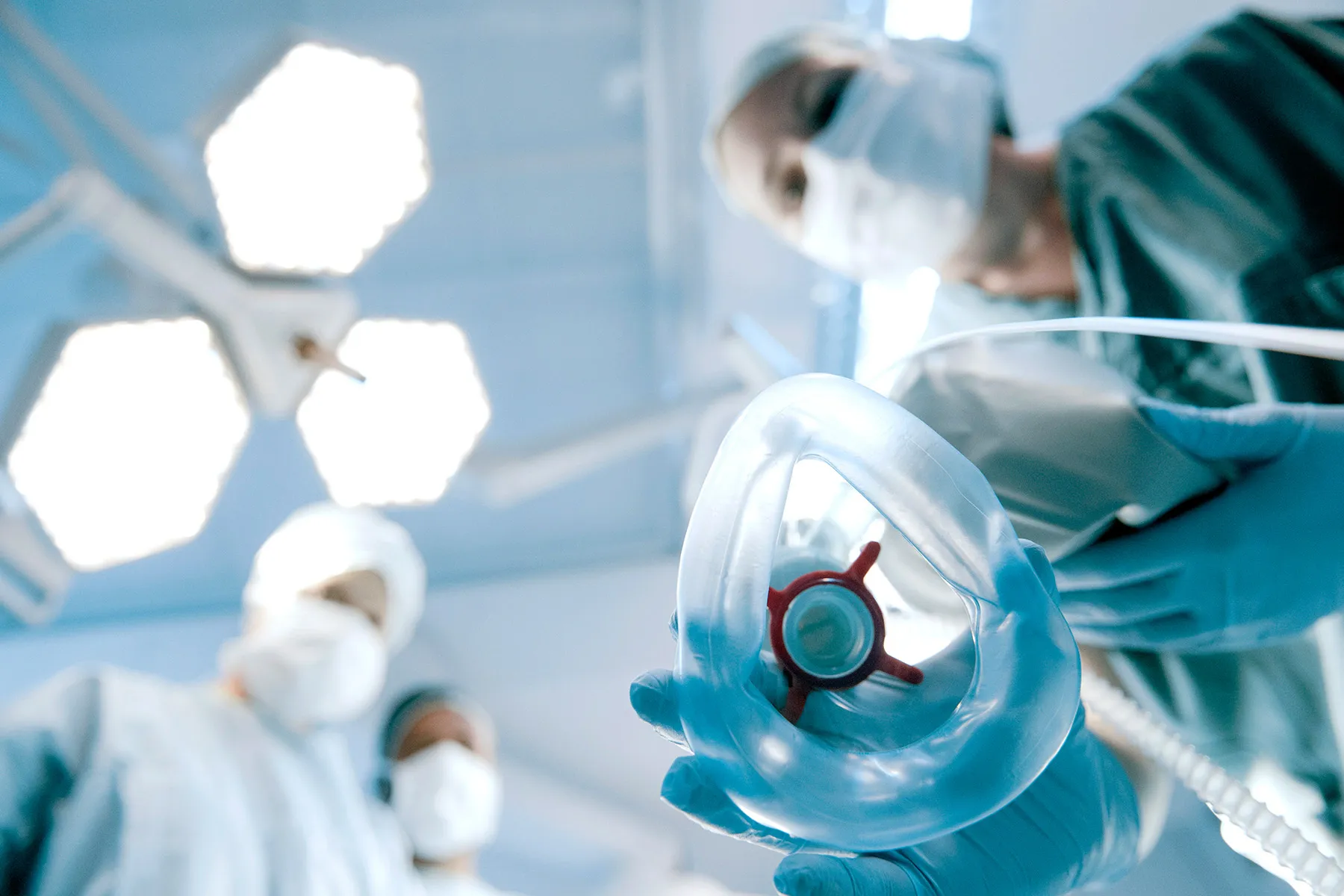Write4U:
I appreciate that you tried to answer some of the direct questions I asked you previously. Your responses don't make much sense, but at least you tried. That's a step in the right direction.
So, again: how do you know there is no soul?
Progress.
Maybe there is hope for you, yet.
For instance, there's no evidence to the contrary that small jelly-like lifeforms exist in the sub-ice oceans of Europa. So, do you think you now know that those lifeforms exist there? It would be a mistake for you to think that.
The common theme to my questions was your knowledge. Over and over, I asked you "how do you know?" that various things you believe are true. You completely missed the point.
I get the impression that you are content to just believe things, without appropriate justification. Questions about how you know what you know don't seem important to you. You just know what you know.
This forum has seen a parade of people just like you, over its lifetime. People who are utterly confident about the truth of their own beliefs, but at the same time completely unable to justify them to the satisfaction of reasonable critical thinkers.
I appreciate that you tried to answer some of the direct questions I asked you previously. Your responses don't make much sense, but at least you tried. That's a step in the right direction.
That makes no sense at all. Partial brain incapacity logically cannot be the same as total brain incapacity. I assume you're misreading Hammeroff and/or Seth.Because partial brain incapacity produces a state of oblivion that is identical to brain death. (Stuart Hameroff, Anil Seth).
You're just stating your belief, again. You can't show that your claim is true. It's just one more claim you make that you pretend has sufficient evidence.The conscious mind is an emergent phenomenon of neural data proccessing.
This only says things about the physical brain and the observable personality etc. It says nothing about souls or anything like that.When the neural network has been destroyed by any causality, the result is a gradually dimming mindscape as in Alzheimers and Dementia.
The effect of being under an anesthetic is not the same as the effect of being dead. Seth and you are both wrong. You can tell him from me.I did not say "it is the same". I said that the effect is the same. (Seth, myself).
Soul: the immaterial part of a person. The actuating cause of an individual life.Define soul.
So, again: how do you know there is no soul?
What's an OT?First, OT.
You think cell theory has explained life, along with the OT (whatever that is)?Then Cell Theory.
Sorry? Is this relevant to something?Long strands of self-duplicating polymers (RNA, DNA) encased in a self-organizing envelope and all the way back to basic chemical reactions and self-organization of biochemistry (Robert Hazen).
Great! That's the first time you have actually admitted that you don't have all the answers to something - that you don't know.I don't. The bible claims to know.
Progress.
Maybe there is hope for you, yet.
I don't know who that is.Like Carlos Castaneda?
I'm not sure how to answer. For instance, consider the three familiar spatial dimensions: up-down, left-right, forwards-backwards. Would you say that the up-down has access to forwards-backwards? What do you mean by having dimensions having access to one another?Allow me to ask: do other dimensions have access to our three? And if they do are they measurable?
I have been under a general anesthetic before. It didn't show me that heaven doesn't exist.Have yourself anesthetized and you will understand.
You shouldn't claim to know something is true on the basis of "there's no evidence to the contrary". You should, in fact, only believe things for which there is positive evidence.There is no evidence to the contrary.
For instance, there's no evidence to the contrary that small jelly-like lifeforms exist in the sub-ice oceans of Europa. So, do you think you now know that those lifeforms exist there? It would be a mistake for you to think that.
No. You're way off base, with that nonsense.Yep, and also the more scientific metaphysical approach, and the psychological approach that define Angels and Demons as the symbolification of human character models.
The common theme to my questions was your knowledge. Over and over, I asked you "how do you know?" that various things you believe are true. You completely missed the point.
I get the impression that you are content to just believe things, without appropriate justification. Questions about how you know what you know don't seem important to you. You just know what you know.
This forum has seen a parade of people just like you, over its lifetime. People who are utterly confident about the truth of their own beliefs, but at the same time completely unable to justify them to the satisfaction of reasonable critical thinkers.








